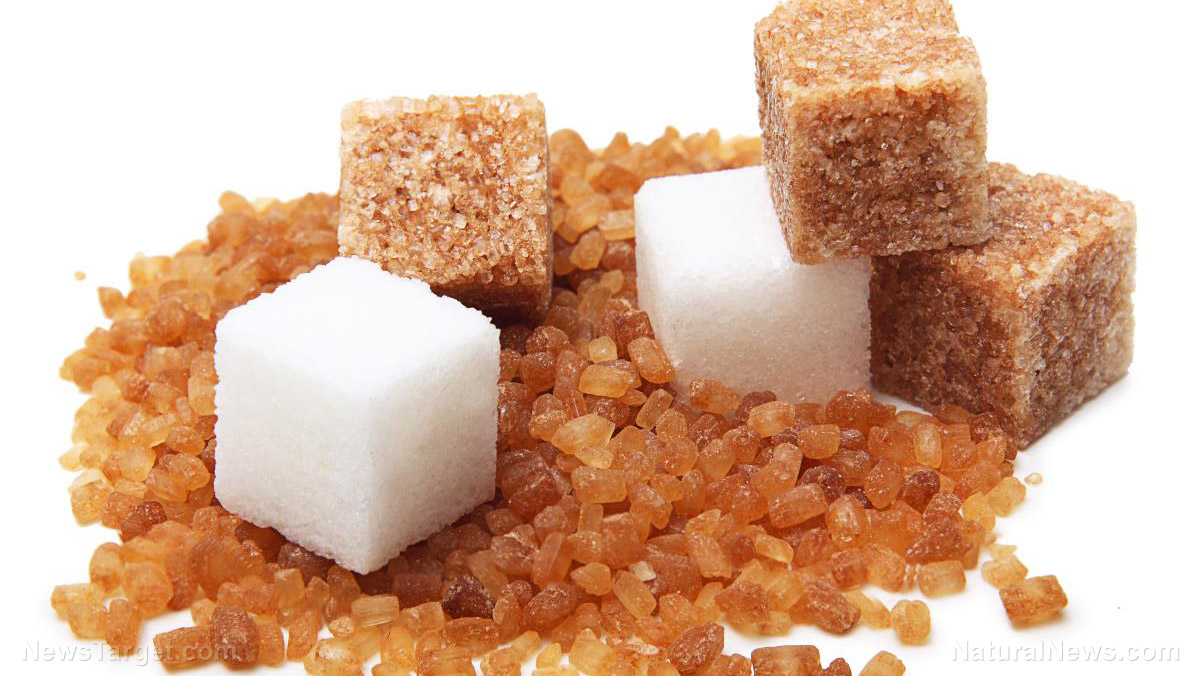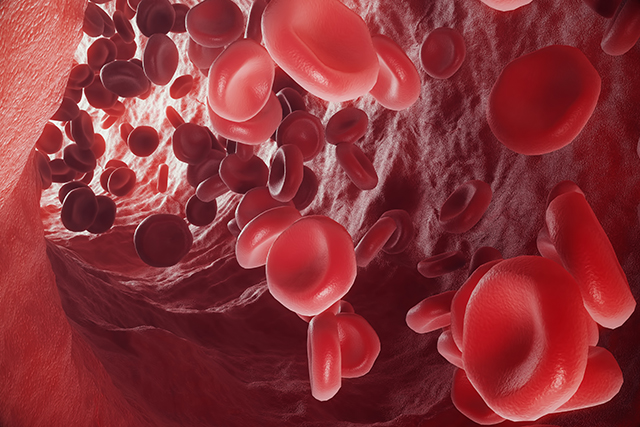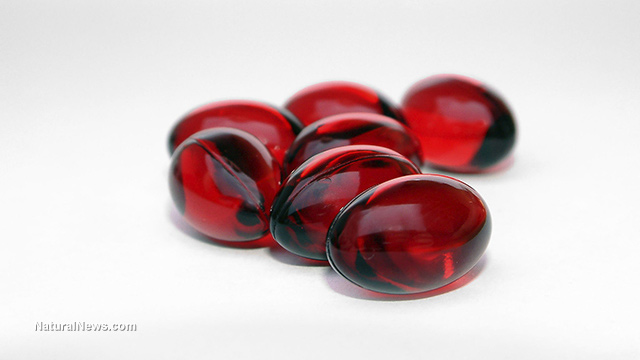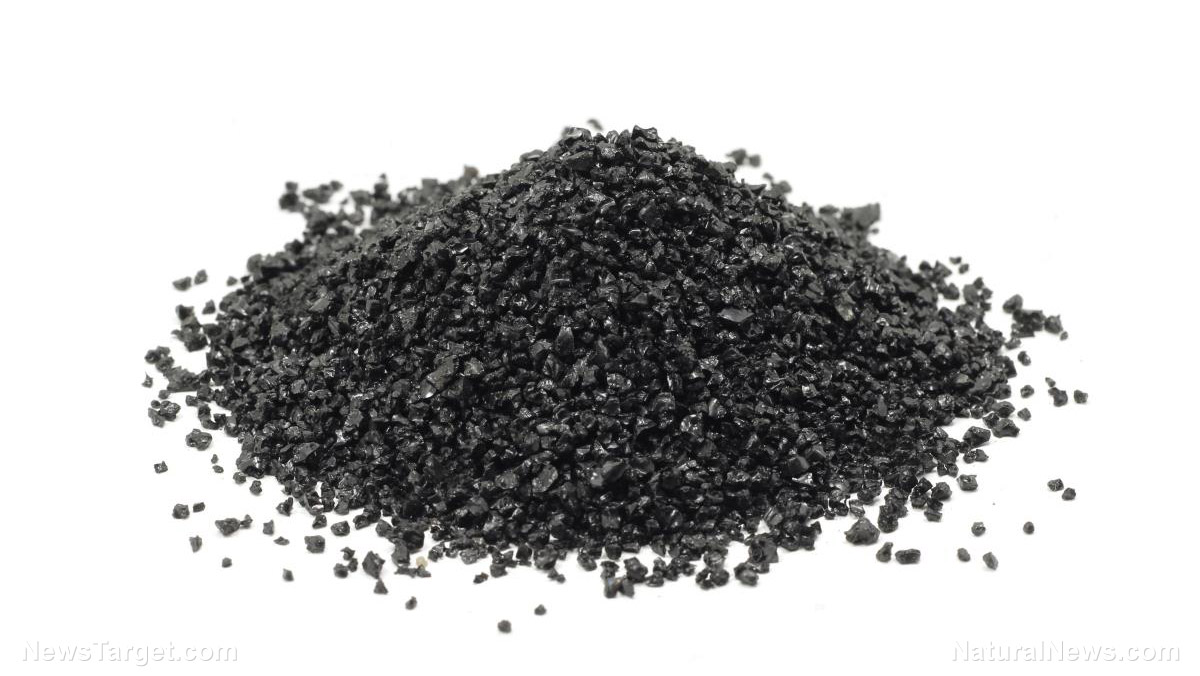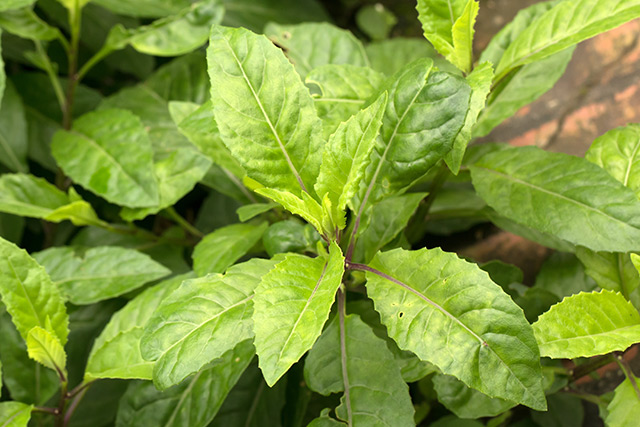The neuroprotective potential of the acorn
02/05/2019 / By Ellaine Castillo
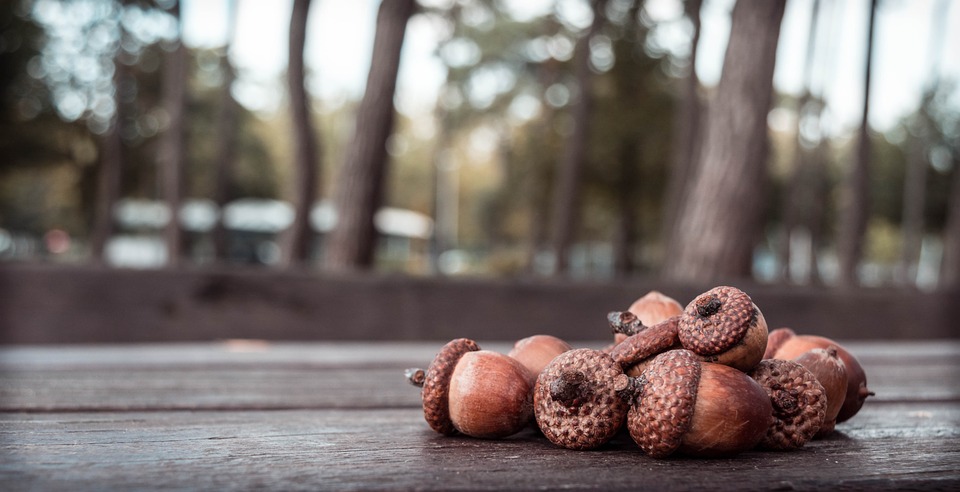
Researchers from Gazi University and Kilis 7 Aral?k University in Turkey have found that acorn from the kermes oak (Quercus coccifera) protects the brain by inhibiting cholinesterase activity. This finding, which was published in the Turkish Journal Of Agriculture And Forestry, was based on the results of various in vitro experiments.
- Alzheimer’s and Parkinson’s are neurodegenerative disorders that are prevalent in the elderly, with the latter affecting more than 10 million people worldwide. Most treatments for these diseases involve the inhibition of cholinesterase and tyrosinase, which are enzymes associated with neurodegeneration.
- The search for natural sources of cholinesterase and tyrosinases inhibitors has led researchers to herbal coffees, such as those made from carob, black cumin, dates, and tumble thistle. Now, they want to explore the neuroprotective potential of acorns from the kermes oak, which are also used as coffee substitutes.
- Different parts of the kermes oak, which grows across the Mediterranean region, were widely used as traditional remedies for hemorrhoids, diabetes, diarrhea, kidney stones, high blood pressure, and wounds. Previous studies have shown that these activities can be attributed to the presence of tannins, flavonoids, tocopherols, and fatty acids.
- In this study, the researchers collected extracts from raw acorns and coffee samples then tested them for in vitro cholinesterase and tyrosinase inhibitory activity.
- Results showed that the extracts inhibited cholinesterase activity but not tyrosinase activity. Moreover, the researchers observed that extracts from the raw material were more active, which could mean that processing reduced the compounds responsible for this activity.
- Upon analysis of the extracts, they found that the raw material did have the highest total phenol content and antioxidant activity.
Overall, these results show that acorn has neuroprotective potential, which can be attributed to phytochemicals like phenolic compounds.
The full text of the study is available at this link.
For more news articles on how you can protect your brain from damage, visit Brain.news.
Journal Reference:
?enol FS, ?ekero?lu N, Gezici S, Kiliç E, Orhan IE. NEUROPROTECTIVE POTENTIAL OF THE FRUIT (ACORN) FROM QUERCUS COCCIFERA L. Turkish Journal Of Agriculture And Forestry. 2018;42(2). DOI: 10.3906/tar-1711-18
Tagged Under: acorns, Brain, brain health, cholinesterase, cholinesterase inhibitor, natural cures, natural medicine, neurodegenerative diseases, neuroprotective, plantmedicine, prevention, Quercus coccifera


